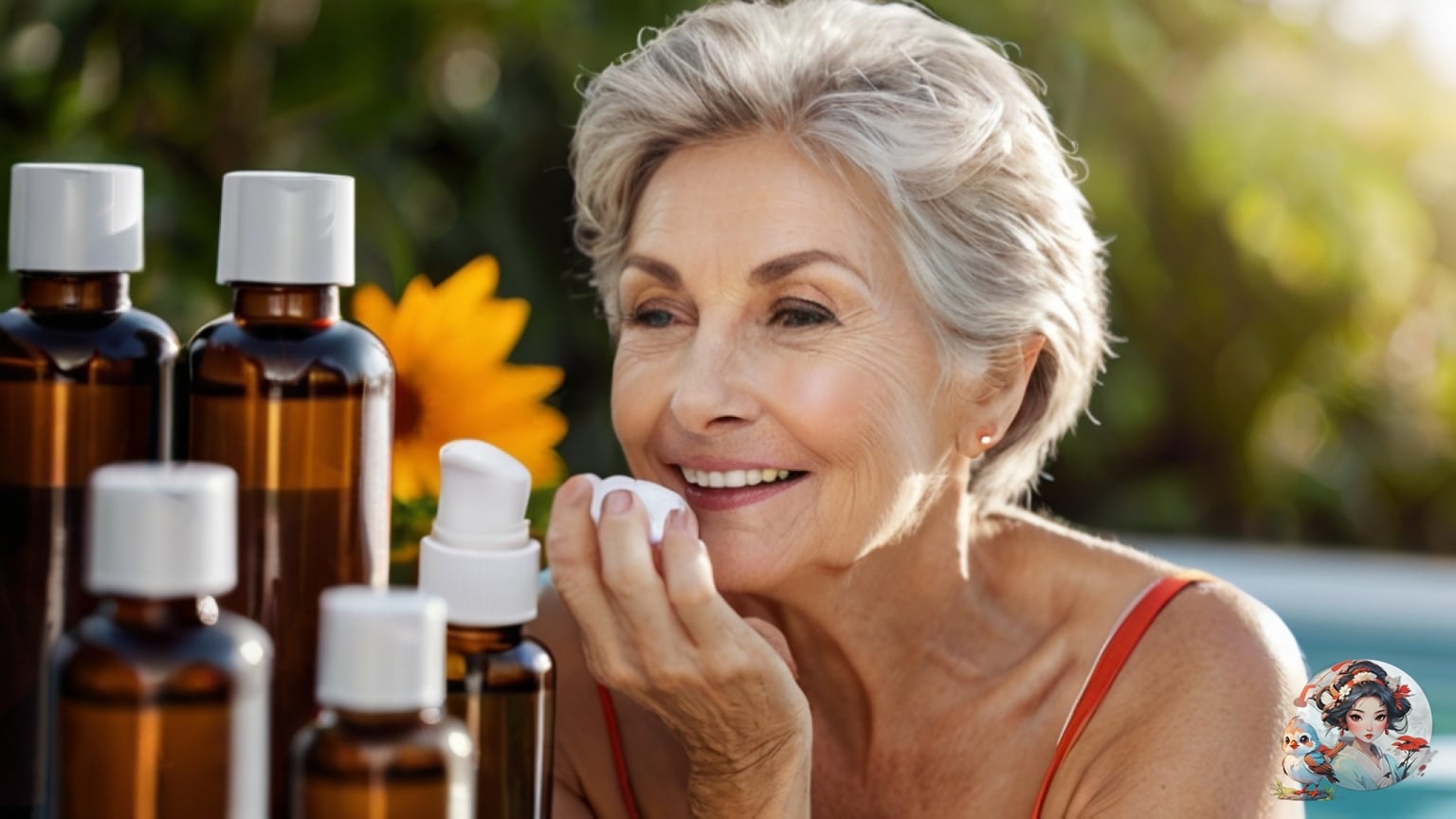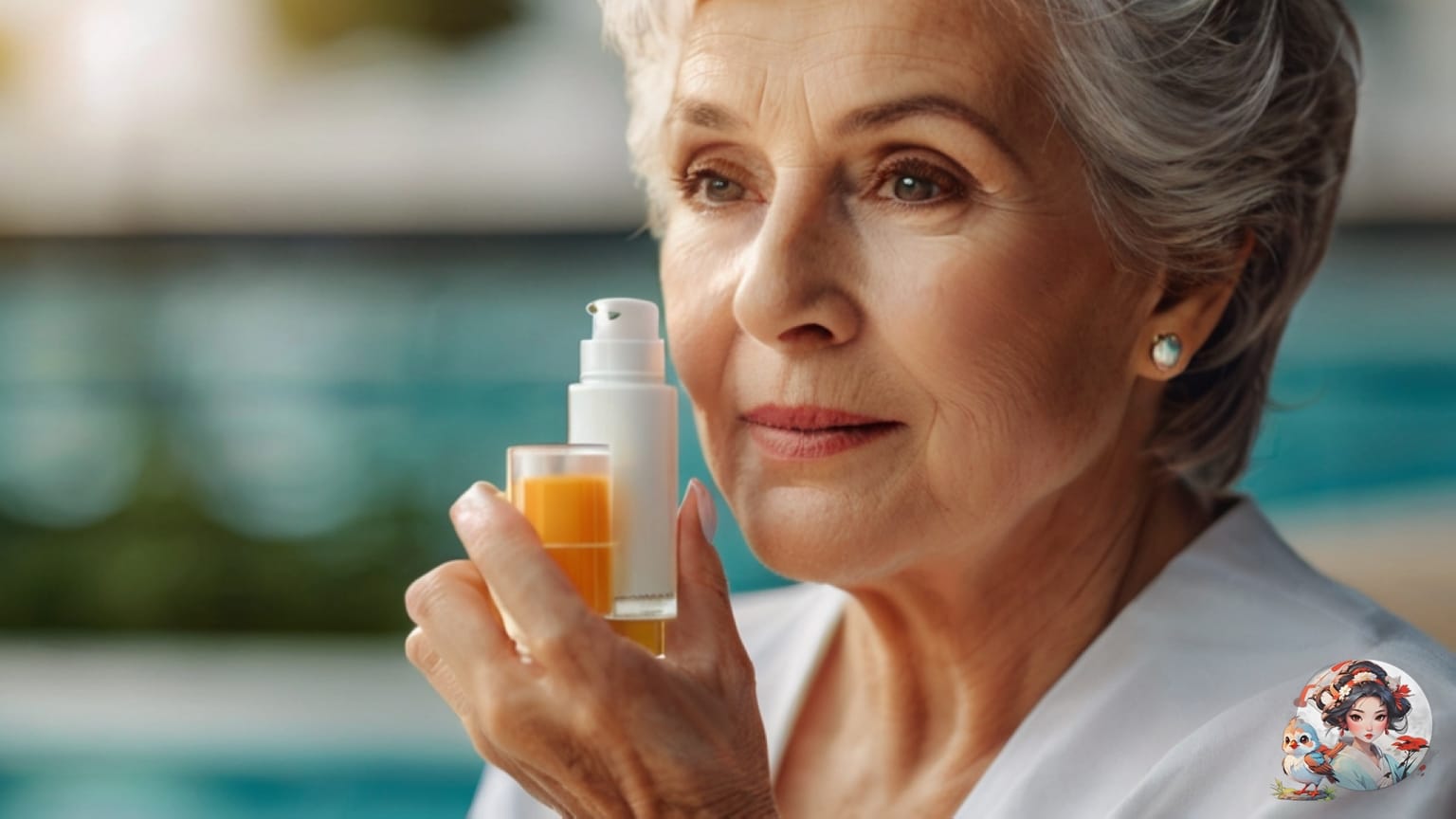As you enter your 60s and 70s, taking care of your skin becomes more crucial to combat the effects of aging. Changes in your body during this time require a careful skincare routine that goes beyond the basics. By making specific adjustments and using targeted products, you can tackle the unique challenges that come with mature skin.
Let’s explore expert tips and strategies to help you navigate skincare in your 60s and 70s more effectively.
Table of Contents
ToggleAs we age into our 60s and 70s, our skin requires specific care adjustments to address its changing needs. One crucial aspect is ensuring adequate hydration to combat dryness and thinning. To achieve this, it’s essential to use gentle, fragrance-free moisturizers and apply them right after bathing to lock in moisture. In addition, incorporating a humidifier in dry environments can further help maintain skin hydration levels.

When it comes to makeup, choosing products that are hydrating and gentle on the skin is key. Opt for makeup that won’t worsen dryness or irritation, ultimately contributing to a more youthful and radiant look for aging skin. By making strategic changes in hydration and makeup choices, we can effectively cater to the evolving requirements of mature skin.
Having proper sun protection is crucial for keeping our skin healthy as we age into our 60s and 70s. Sun protection helps lower the risk of skin cancer, prevents premature aging signs like wrinkles and age spots, and maintains overall skin health. To effectively protect our skin, we should use a broad-spectrum, water-resistant sunscreen, apply it generously, and reapply every two hours or after swimming or sweating.
Seeking shade, wearing wide-brimmed hats and sunglasses with UV protection, and keeping indoor humidity levels optimal also help safeguard aging skin from sun damage. By following these sun protection practices, we can preserve the vitality and resilience of mature skin.
Taking care of your skin in your 60s and 70s requires more than just sun protection. It’s crucial to focus on using fragrance-free products to keep your skin healthy and strong. Fragrance-free products are a great choice for people with sensitive skin as they are free from allergens that can cause irritation. These products provide hydration without the risk of upsetting your skin, which is especially beneficial for aging skin that tends to be dry and easily irritated.

By opting for fragrance-free moisturizers and cleansers, you not only protect your skin but also reduce the number of chemicals released into the environment. This choice helps maintain your skin’s health and comfort as you age.
As you enter your 60s and 70s, it’s crucial to keep your skin healthy by regularly checking for signs of skin cancer. Here are some tips to help you prevent skin cancer and effectively examine your skin:
Regular visits to the dermatologist are crucial for maintaining healthy skin in your 60s and 70s. These appointments help in early detection and treatment of skin problems, such as skin cancer. Dermatologists can offer personalized advice tailored to your skin’s needs. By scheduling check-ups, you can address issues like age spots, wrinkles, and changes in skin texture promptly.

Recommendations from dermatologists may include skin cancer screenings, sun protection tips, and advice on suitable skincare products. Being proactive through these visits can help you maintain healthy skin and deal with any skin concerns before they become serious.